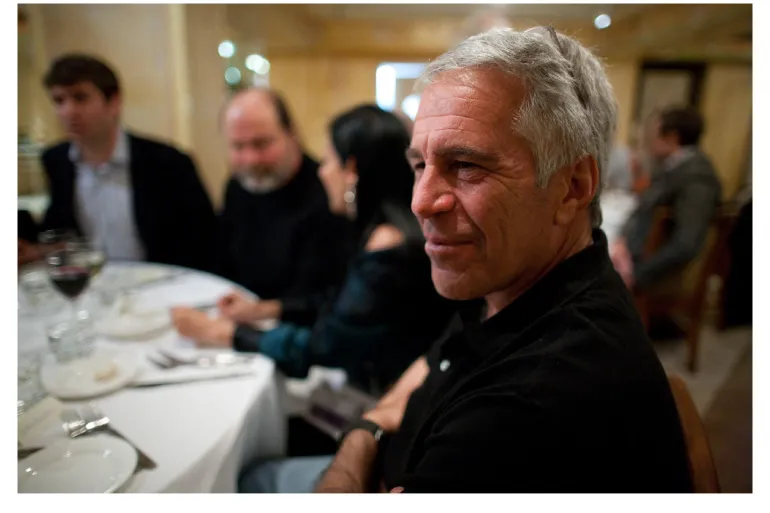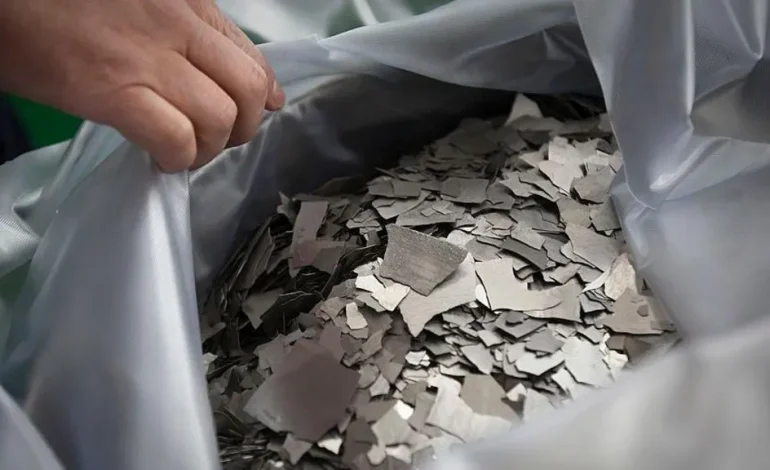Beijing just cranked up the pressure on a strategic chokepoint. China rolled out fresh curbs on rare-earth exports and related technology Thursday, a move widely read as leverage ahead of President Donald Trump’s expected sit-down with Xi Jinping in South Korea later this month.
The Commerce Ministry expanded the roster of controlled rare-earth materials, tightened rules on shipping recycling and processing gear overseas, and said foreign companies will now need licenses to export products that contain even trace amounts of Chinese rare earths — 0.1% of a product’s value or more — or that rely on China’s extraction, refining or magnet-recycling know-how. Beijing also added a slate of foreign groups to its “unreliable entities” list, including US aerospace and defense firms and the Halifax International Security Forum, signaling particular scrutiny of military and advanced-chip uses.
China frames the clampdown as national security policy. Officials said Chinese-origin inputs and technology had been diverted into sensitive sectors abroad, “causing significant harm” and undermining non-proliferation efforts. The timing is hard to miss. Xi and Trump are poised to meet on the sidelines of an Asia-Pacific summit in Seoul — the first face-to-face between Xi and a US president in nearly a year — after months of tariff skirmishes and export-control tit-for-tat.
Rare earths — 17 elements that make modern life hum — are essential for everything from phone speakers and EV motors to radar systems and fighter jets. China processes about 90% of global supply, a dominance it has leaned on before. Beijing tightened controls in April after Trump’s “liberation day” tariffs, sparking shortages and a scramble that pushed both sides back to the table. Since then, Trump and Xi have spoken twice to pave the way for talks, with reciprocal visits floated for 2026.
Markets got the message immediately. Shares of US miners and materials players ripped higher as traders bet Washington will accelerate plans to onshore the supply chain. Names across rare earths and critical minerals — from MP Materials to USA Rare Earth, Energy Fuels, NioCorp, Albemarle, Lithium Americas and Trilogy Metals — jumped as investors priced in more federal backing. The administration has already taken the unusual step of taking equity stakes in several projects this year, including a Defense Department deal with MP Materials.
Policy analysts see a calibrated play. Dan Wang of Eurasia Group called it a deliberate effort to harden China’s bargaining position, noting that access to rare-earth inputs and tech will be on the table alongside tariffs, semiconductors and broader tech trade. The approach mirrors Washington’s own toolkit — US rules restrict advanced chip-making gear to China — and hints at a template Beijing could apply to other strategic materials like cobalt or graphite.
Behind the theater is a simple reality: whichever side blinks first risks ceding ground in industries that define both economic and military competitiveness. One Wall Street note dubbed it a “game of chicken,” arguing China’s tighter political control may give it more tolerance for pain, which only raises the stakes for the Seoul meeting.
For now, companies that depend on these elements — from defense contractors to EV makers — face new paperwork, longer timelines and, potentially, fewer licenses granted. The US has plenty of ore in the ground but far less capacity to separate, refine and fabricate magnets at scale. Until that gap closes, every tweak to China’s export rulebook reverberates through global supply chains — and gives Beijing one more lever to pull at the negotiating table.










The latest news in your social feeds
Subscribe to our social media platforms to stay tuned